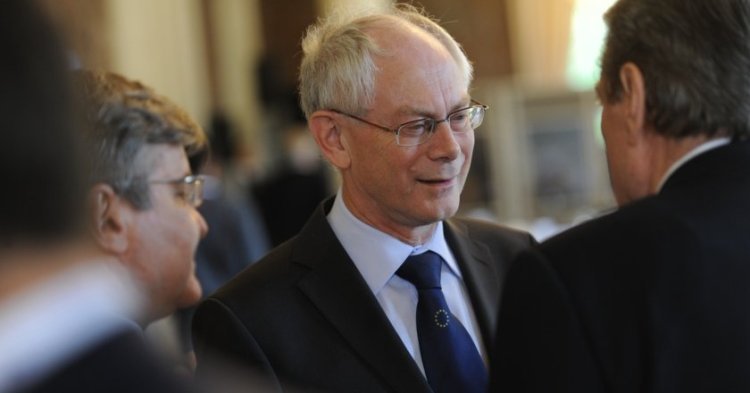Old idea, new rationale
The 2014 European elections will be the first since the beginning of the euro crisis. After the most severe – and still unfinished – crisis in EU history, these elections cannot be held like business as usual. Directly electing the European Commission President would be the most significant step ahead in solving Europe’s crisis, and probably the most efficient one as well. A European president is an idea as old as the Romantic concept of the “United States of Europe”, founded on the same ideal of peace and reconciliation amongst formerly war-torn nations. However, this time it’s different. Providing direct democratic legitimacy to a European President – wherever he or she sits in the EU institutional setting – is now a matter of profound economic and political necessity.
The European Commission is supposed to be the central EU institution, providing political impetus to initiatives and policies that are then debated by the European Council and the European Parliament. It was very successful in fulfilling this role when Jacques Delors was President: under his Presidency the Commission established the foundations of what would become the EU’s two greatest achievements: the Single European Market and the Economic and Monetary Union (yes, the euro is one of the EU’s greatest – unfinished – successes). Traumatised by such a proactive Commission, member states decided that from then on they would only appoint smiley head-nodding Presidents that would leave member states take the initiative. The disastrous results of this return to inter-governmental Europe are obvious in the current crisis: European institutions don’t have the power to take appropriate initiatives anymore while the true decision-makers only represent the interests of their fellow nationals and not Europeans as a whole.
True power arises from election – not nomination
The crisis demonstrated the importance of political legitimacy when tough decisions are to be taken. This is what constitutes the real power of an institution, beyond its formal legal powers. As the Commission President is nominated, he or she has no political movement to underpin his or her actions. Hence, no wonder he or she struggles to face up to democratically elected heads of State! Even though the Commission theoretically has the formal powers to act and solve the crisis, the political significance of its President is too low to allow for his or her decisions to be successfully implemented. This is why the only way to empower the European Commission is to directly elect its President. Member states committed to nominating for Commission President the candidate proposed by the winning party in the European Parliament elections, but this still won’t provide him or her with enough power to act efficiently. Such President would still be yet another nominated technocrat.
Why empowerment matters
A political campaign is probably the most important part of elected policy-makers’ term as this is when promises are made and expectations are created – against which results will eventually be compared. This is the time when responsible politicians need to resist the temptation of populism and announce the tough decisions they will take – if any. If a European Commission President is to be elected in 2014, he or she will have to campaign across Europe – preferably in several languages – and display his or her plan to get Europe out of the crisis. This is the only way to trigger a truly European debate about what is fundamentally a European problem. There are risks involved in such a process, as anti-European parties might win. But this is what democracy is about. The biggest risk of all would be not to do anything, as this will surely bring Europe – and the European project – to its knees.
However, such a radical shift can only start with further integration of the core euro area. “Euro-outs” should be free to organise a referendum to commit to enter the euro in the near future or leave the EU. Citizens of euro-area countries would have the European Parliament elections to say yes or no to Europe. This is better than isolated national referenda as it allows for a truly European political dynamics to take place. This crisis is an ideal opportunity to show Europeans how a stronger, more democratic, Europe would provide a truly credible and efficient way out of the crisis: fiscal transfers through Europe-wide investments, a Commission veto for rule-breaking national budgets, structural reforms and finalisation of the Single European Market (especially for Services). Instead of negotiating a new Treaty for eight years and then see it rejected by people, we should start with a truly democratic European election where ideas and projects would be confronted in open air and not behind closed doors.

Follow the comments: |
|
